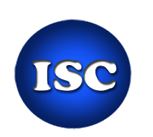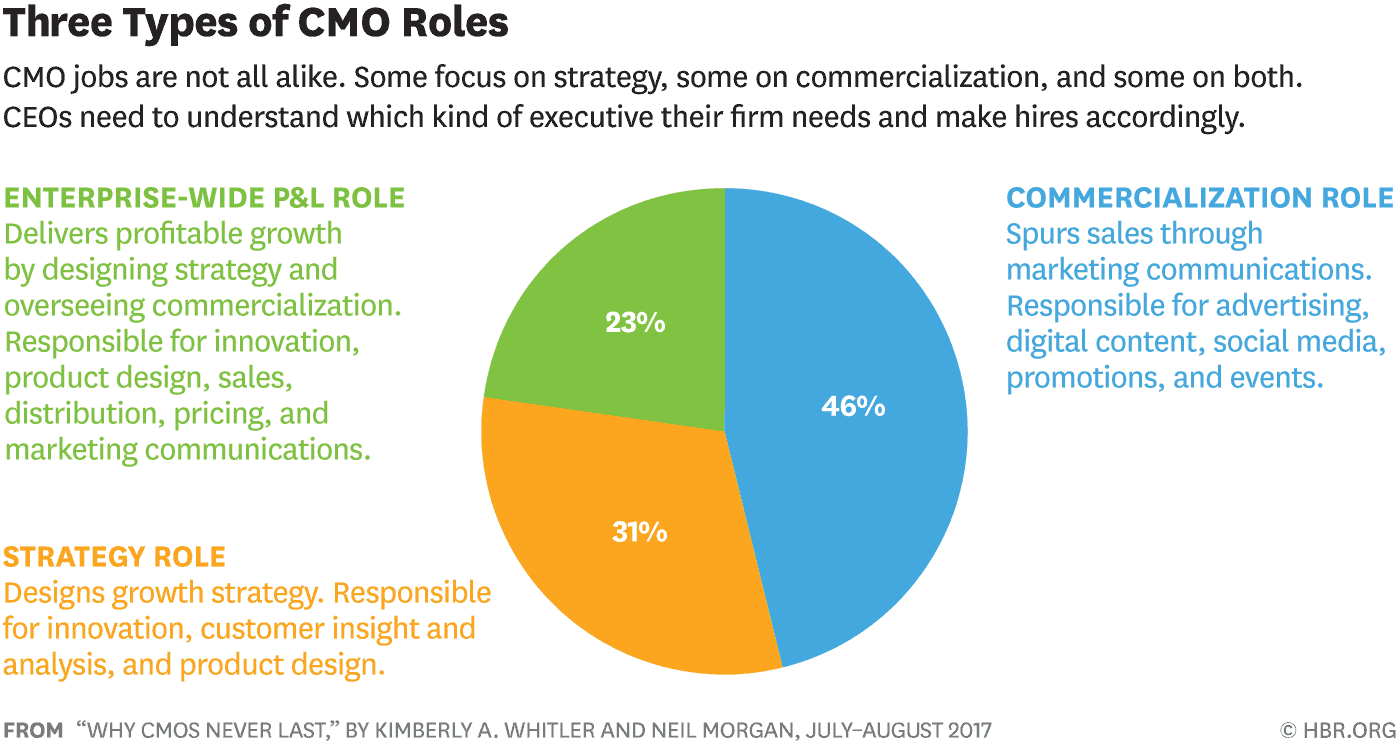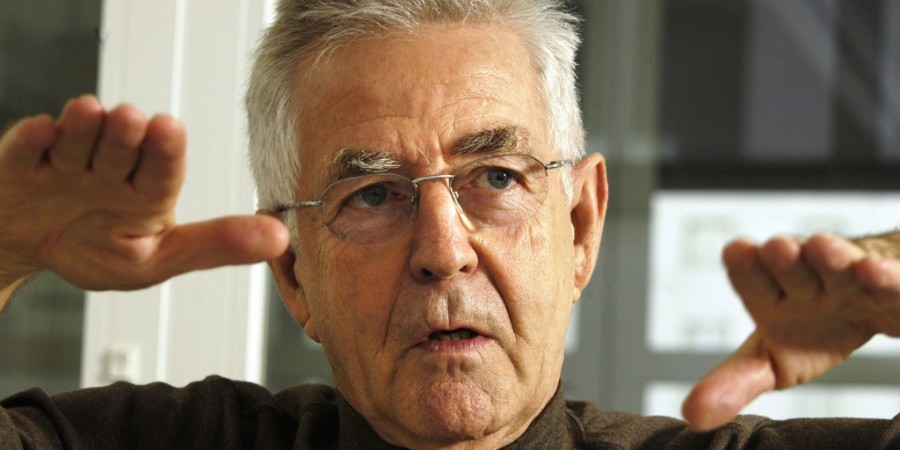Sales Lesson from a CEO

For a sales professional to be successful long term, one needs to have a plan before action, a strategy before deeds. But what is a sales plan based on?
The sales approach needs to be something you as the Account Manager fall for, pull off and continuously improve upon.
What a CEO can do to an organization, a Sales Professional can do to his career. The Sales Professional can build a personal lasting sales career on the same three pillars as a CEO builds a resilient organization for lasting success:
Commitment
Performance
Continuous improvement
Let us see how a CEO sells successfully to have others committed, perform and continuously improve upon:
Commitment:
Just like a CEO, in the first step you create commitment. As a sales professional you want to be commited towards your customer and want your customer to be committed towards you and your targets. How do you do that?
Shared believes create commitment
A commitment is a soft dimension, commitment is all about emotions not arguments. The basis for commitment is a set of believes and values that you share with your customers. The shared believes form a participation that is meaningful. A meaningful participation helps you to work together motivated to reach your business objectives. But be aware: no business objective is worth sacrificing your values for.
Let me give you a quote of the CEO of Southwest Airlines, the most profitable airline in the world, who would not sacrifice his shared values over business objectives: “We’ve never had layoffs…we could have made more money but we don’t do that.”
For a Sales Professional that would translate to not treating customers as disposable. Instead, treasure your shared believes and values as the basis for commitment.
Relationships allow for ongoing commitment. For an ongoing commitment, you want to establish a relationship.
Let us look at what the Little Prince suggests by Antoine de Saint-Exupery. It is the best selling book worldwide after the Bible and the Koran: the constraints to interpersonal relationships are jealousy, a claim of ownership and superficiality. People today do not take time to get to know anything. They buy “ready to go”. But there are no shops where they can buy friends, so they no longer have friends.
Yet, the internet offers shops for making friends – Facebook. We have shops for relationships – Linkedin. But real relationships cannot be created in virtual networks. The networks facilitate the initiation. Real acquaintance or familiarity requires some sort of physical proximity, spiritual affinity, patience and freedom.
The fox and the little prince keep a distance from each other, step by step become more acquainted until they reached proximity, trust and finally a relationship.
Then the fox points out the consequences: „You become responsible, forever, for what you have tamed.“ In other words you are responsible for your customers, employees, friends you made yourself familiar with.
Sharing the same beliefs is the basis for commitment. Building a trusting relationship can lead to a lasting commitment. A sales person can go even a step further by defining a higher purpose.
The commitment that you created allows you to create something even bigger: a purpose.
Let us use Ernest Shackelton as an example to reach something far bigger. Ernest Shackelton (1874-1922) was a polar explorer who led a British expedition to the Antarctic. Their ship was trapped in pack ice and slowly crushed. But Shackelton succeeded in bringing back alive all 27 men because he had chosen his people with the same beliefs to pursue a bigger purpose. His job advertisement read:
“Men wanted for hazardous journey. Small wages, bitter cold, long months of complete darkness, constant danger, safe return doubtful, honor and recognition in case of success”.
For commitment you create values by sharing beliefs. A relationship ensures long term commitment. This in turn allows you to create something far bigger: a purpose.
Performance:
In the second step you measure performance. Commitment was the soft dimension. Performance is the hard dimension. It is about arguments and facts not about emotions.
“Performance measurement is the process of collecting, analyzing and reporting information … to see whether output is in line with what was intended…” (Wikipedia).
Usually, most attention falls on the hard dimensions. Mistakenly companies love to select Account Managers primarily based on their expected performance.
Performance strategy based solely on meeting financial goals is bound to fail.
A research study from Bain revealed that seven out of eight companies in a global sample of 1,854 large corporations failed to achieve profitable growth, though more than 90 percent have detailed strategic plans intended to achieve high-performance targets. (Kaplan, R., & Norton, D.P. (2005) “The office of strategic management”, Harvard Business Review, 83(10), pp72-80).
Let’s look at the hardliner Jack Welch, former General Electric (GE) CEO: what was in place so he succeeded with his ambitious growth rate between 22and 24 percent? Jack Welch allowed no discussions. GE would not have achieved the targets if it had allowed a debate about it. The focus was not on the past but on how to reach the targets. Let’s look at the success drivers which explain how to solve the paradox between required targets (performance) and commitment:
First, the (sales) manager must have a desire to achieve extraordinary numbers.
Second, the (sales) manager triggers a fact based discussion on the true environment the company is facing. This includes explaining how top management arrived at and the purpose of those numbers.
Third, (sales) management commits giving any resources required as long as they were managed well.
Beliefs and performance mattered under Jack Welch at GE
Jack Welch also replaced managers who were not in line with the company values. He powerfully communicated the connection between values and merit.
In addition Jack Welch made the 10% lowest performers redundant annually.
As a result, the firmness on this created a culture in which beliefs and performance mattered.
And for those of you who are into balance score cards: use them to measure the endeavor’s profitability as well as the commitment for improving performances of customers, employees and community alike.
How does this translate into sales?
You performance mirrors your inner desire. Match your true desire against the sales environment you are planning to work in.
As a sales professional you will be hold accountable. Ensure you may address openly what hinders you in performance so this can be sorted and not be used against your performance.
Ensure the availability of resources you need to excel in sales. This would include pre-sales consultants, budgets and marketing materials. You would also want to qualify products, process and supplier relationships for their maturity.
Continuous Improvement:
In the third step, you continuously improve upon anything you measure and speak honestly about. The set of values and beliefs of “speaking the truth” allow honest conversation that in itself is a continued investment in one’s culture.
Eventually, the culture becomes a MOAT – the protection to your business
The culture itself will strengthen your MOAT. The MOAT is your protection from competition.
Moat types:
1) Brand – pay more because you trust it. I.e. Harley Davidson/Mercedes/UPS
2) Secret – patents. I.e. Intel
3) Toll – exclusive control of the market. I.e. Utilities
4) Switching – to switch is too much trouble. I.e. Microsoft/Apple/SAP …and Culture !
5) Price – cheapest producer. I.e. WalMart/Aldi
How does this translate into sales?
Make sure an open and fact based conversation takes place. Do not look back but ahead of how the challenges can be addressed.
In conclusion management by commitment leaves out the pressure to perform. Management by performance leaves out commitment. Only all three commitment, performance and continuous improvement form an integral part for building a resilient and sucessfull organization for sustained advantage.






